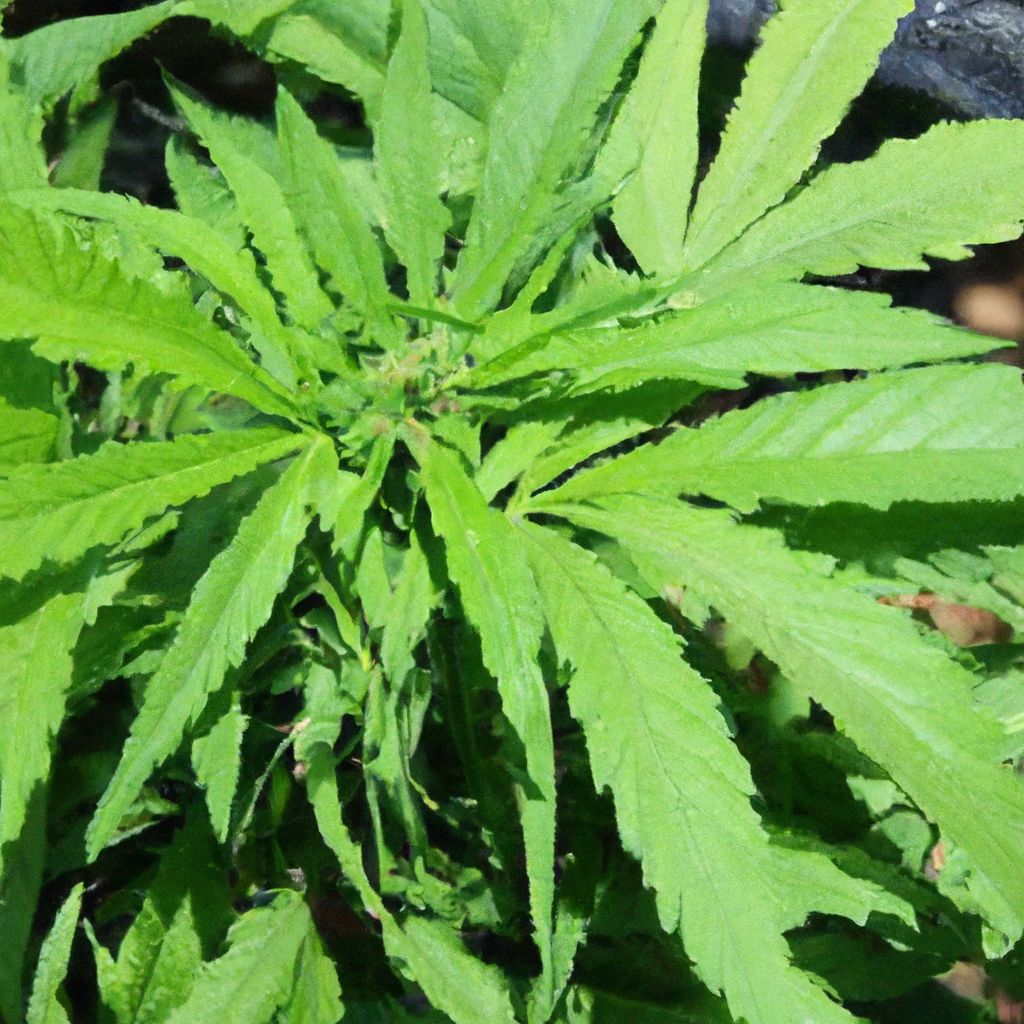Your cart is currently empty!
In recent years, organic cannabis cultivation has gained popularity among growers and consumers alike, thanks to its eco-friendly practices and the promise of chemical-free products. This article delves into the best practices for cultivating cannabis organically, focusing on the use of natural fertilizers, compost, and pest control methods to build a healthy soil ecosystem. Discover how avoiding synthetic chemicals not only benefits the environment but also enhances the quality and sustainability of your cannabis crops.
Building a Healthy Soil Ecosystem
A robust soil ecosystem is the foundation of successful organic cannabis cultivation. By focusing on soil health, growers can promote nutrient-rich environments that support plant growth without the need for synthetic fertilizers.
- Composting: Incorporate composting to recycle kitchen and garden waste into nutrient-rich soil additives. Composting increases microbial activity, improving soil structure and water retention.
- Beneficial Microbes: Introduce beneficial microbes and mycorrhizal fungi to enhance nutrient absorption and plant growth, fostering a symbiotic relationship with cannabis roots.
- Cover Crops: Utilize cover crops like clover or vetch to fix nitrogen and improve soil fertility naturally. These cover crops also help prevent erosion and maintain soil biodiversity.
Natural Fertilizers: Boosting Soil Nutrition
Natural fertilizers play a crucial role in providing essential nutrients to cannabis plants without resorting to synthetic alternatives.
- Fish Emulsion: This is a rich source of nitrogen and micronutrients, promoting lush vegetative growth.
- Bone Meal: An excellent source of phosphorus, bone meal aids in robust root development and flowering.
- Kelp Meal: Packed with trace minerals, kelp meal boosts plant immunity and resilience against stress.
Eco-Friendly Pest Control Strategies
While pests are a common challenge for cannabis growers, organic methods can help manage infestations sustainably.
- Companion Planting: Introduce plants like marigolds, basil, or nasturtiums that naturally repel harmful insects, minimizing the need for chemical sprays.
- Neem Oil: This natural pesticide and fungicide derived from the neem tree is effective in controlling pests without harming beneficial insects.
- Beneficial Insects: Encourage the presence of predatory insects such as ladybugs and lacewings to biologically control aphids, spider mites, and other pests.
Benefits for the Environment and Consumers
Organic cannabis cultivation offers innumerable benefits to both the environment and consumers:
- Environmental Impact: By avoiding synthetic chemicals, organic practices reduce pollution and promote biodiversity, contributing to soil and water conservation.
- Healthier Plants: Organic methods result in healthier, more resilient cannabis plants, yielding better quality buds with natural flavors and benefits.
- Consumer Safety: Organic cannabis is free from chemical residues, offering peace of mind to health-conscious consumers.
Conclusion
Organically growing cannabis not only supports environmental sustainability but also ensures a superior quality product for consumers. By employing natural fertilizers, fostering healthy soil ecosystems, and integrating eco-friendly pest control methods, growers can maximize both yield and quality while maintaining an ecological balance. Embrace these organic practices to cultivate cannabis that is as respectful to the earth as it is exceptional in quality.
Discover more from Magic Clones
Subscribe to get the latest posts sent to your email.


Leave a Reply